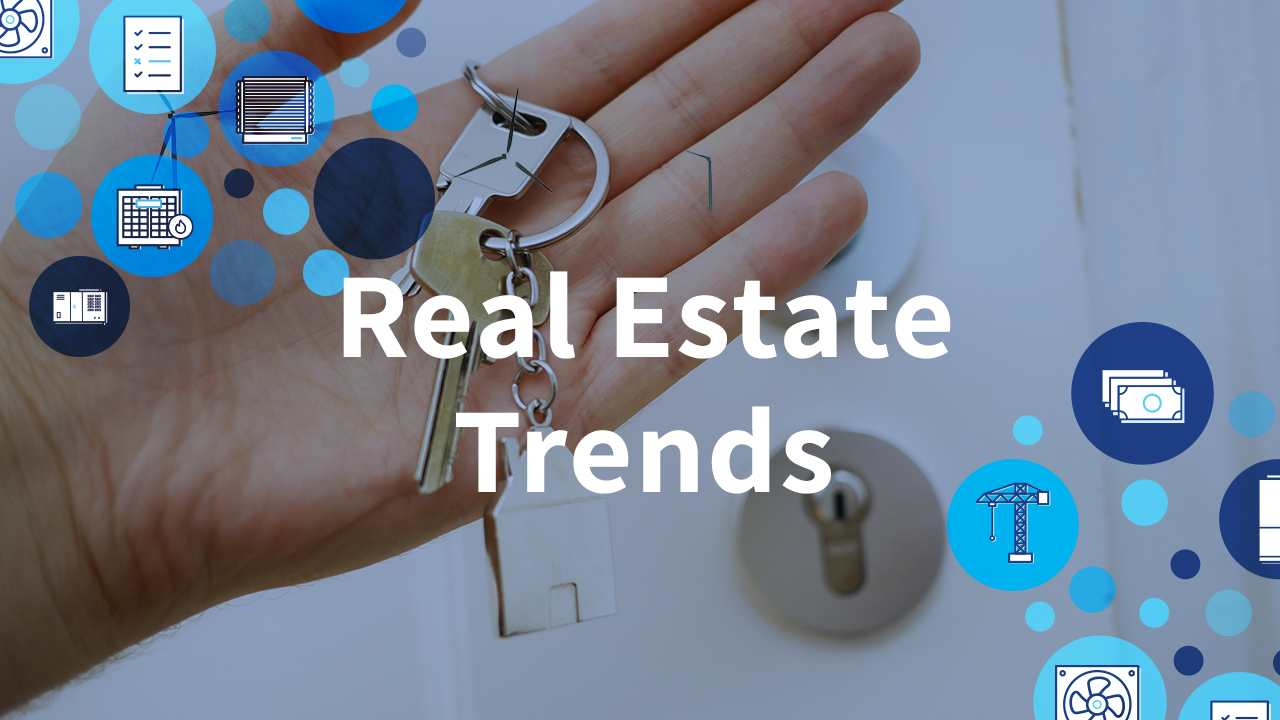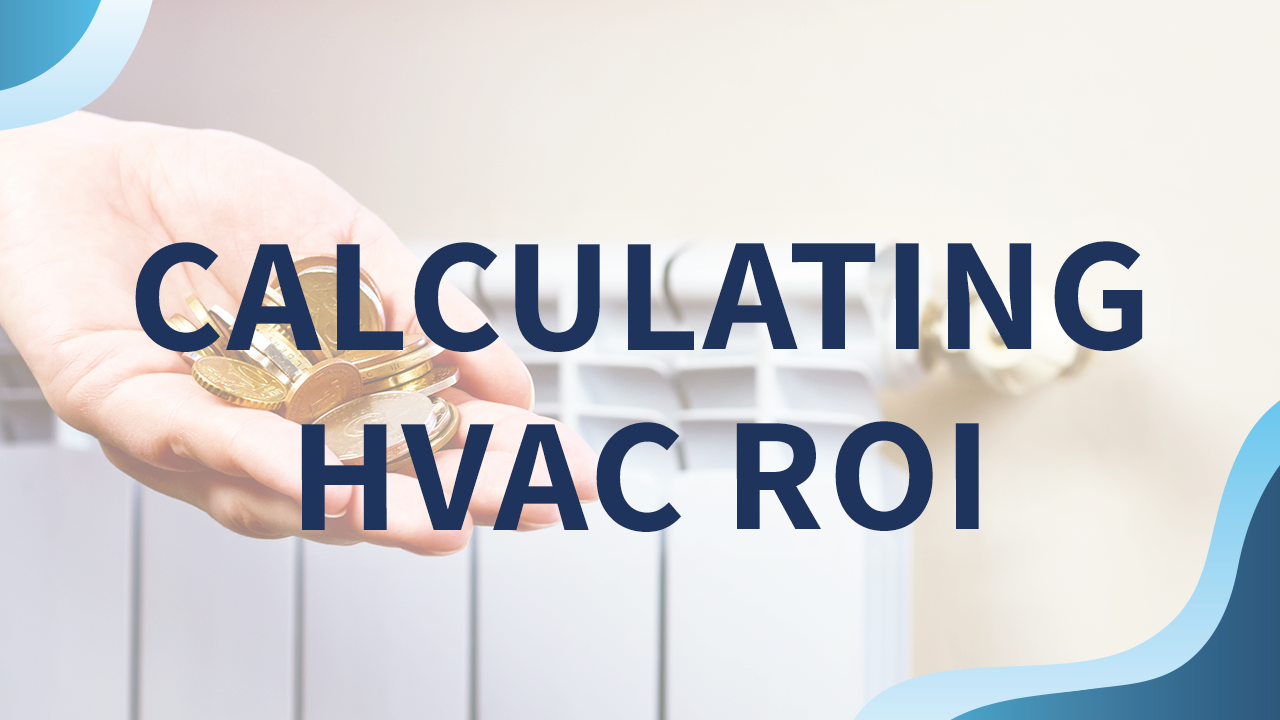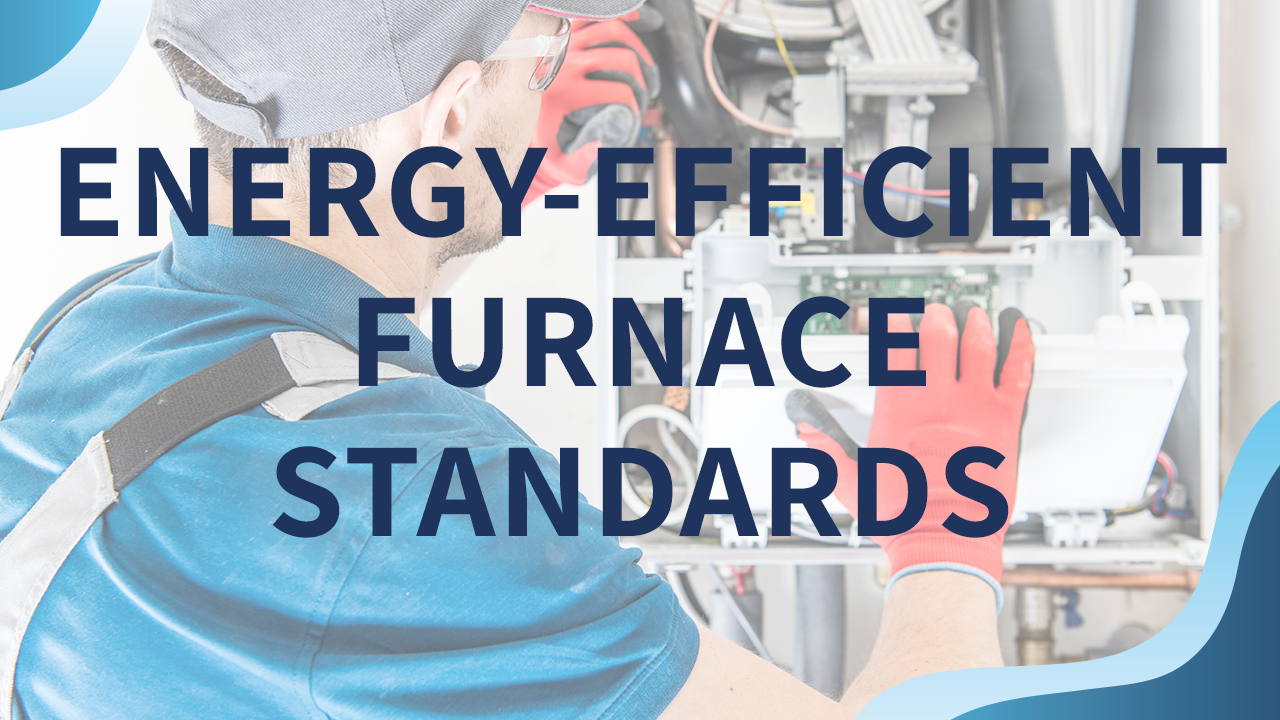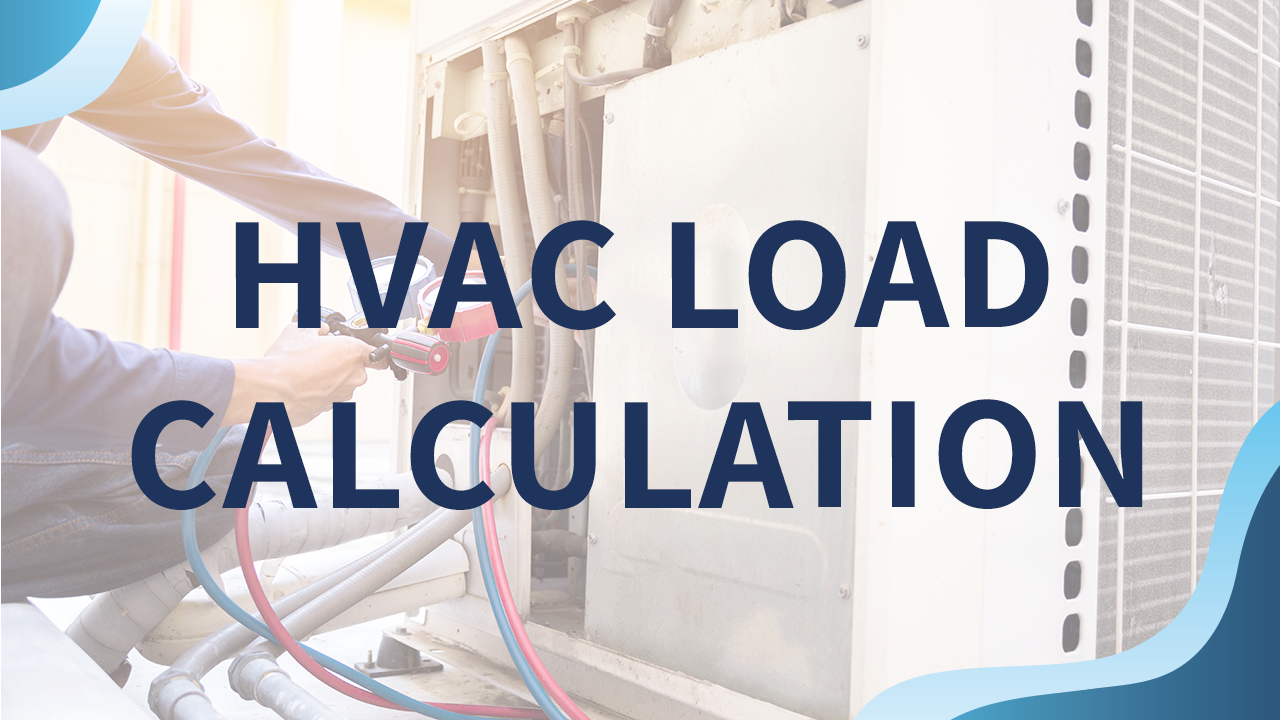In the ever-evolving landscape of the real estate industry, HVAC (Heating, Ventilation, and Air Conditioning) systems play a pivotal role in enhancing the value and sustainability of properties. For property managers in the real estate market, managing HVAC systems efficiently is a critical task that can significantly impact the overall performance and satisfaction of tenants and owners alike. Enter Motili, a scalable, end-to-end HVAC management technology solution that is revolutionizing the way property managers navigate the real estate market.
Motili’s innovative approach is not just about maintaining comfort; it’s about creating intelligent, energy-efficient environments that align with the modern demands of the Property Managers Real Estate Market. By offering comprehensive solutions that range from predictive analytics to detailed reporting, Motili empowers property managers to take control of their HVAC systems, reduce costs, and enhance the living experience for residents.
Whether it’s a multifamily property, commercial building, or a storage facility, Motili’s technology is tailored to meet the unique needs of various real estate segments. This introduction serves as a gateway to explore how Motili is shaping the future of HVAC management and why it stands as a leader in the Property Managers Real Estate Market.


The Impact of HVAC Technology on Real Estate
The real estate industry has witnessed a paradigm shift in recent years, with technology playing an increasingly significant role in shaping its trajectory. Among the various technological advancements, HVAC systems stand out as a cornerstone in determining property value, energy efficiency, and tenant satisfaction. For property managers navigating the real estate market, understanding the nuances of HVAC technology is paramount.
1. Role of HVAC in Property Management: HVAC systems are no longer just about temperature control. They play a multifaceted role in:
- Enhancing Property Value: Modern, efficient HVAC systems can significantly increase a property’s market value.
- Tenant Satisfaction: A well-maintained HVAC system ensures a comfortable living or working environment, leading to higher tenant retention rates.
- Energy Efficiency: Advanced HVAC systems can reduce energy consumption, leading to lower utility bills and a reduced carbon footprint.
2. Motili’s Contribution to Sustainable Living: Motili’s commitment to HVAC technology goes beyond maintenance. Their solutions are geared towards:
- Sustainability: By promoting energy-efficient HVAC systems, Motili aids in creating sustainable living environments.
- Innovation: Through tools like the Motili HVAC Efficiency Tool, property managers can optimize energy consumption, leading to greener properties.
- Education: Motili’s Knowledge Center offers insights and resources for property managers to stay updated on the latest HVAC trends and best practices.
3. Predictive Analytics and Proactive Management: With the integration of predictive analytics, Motili offers a proactive approach to HVAC management:
- Budgeting: Predictive analytics provide property managers with data-driven insights for better budgeting and resource allocation.
- Equipment Failures: By projecting potential equipment failures, property managers can take preventive measures, reducing downtime and ensuring uninterrupted service.
- Strategic Decision Making: With detailed data at their fingertips, property managers can make informed decisions, optimizing the performance and lifespan of HVAC systems.
In conclusion, the intersection of HVAC technology and real estate is reshaping the way property managers operate. With companies like Motili leading the charge, the future of the Property Managers Real Estate Market looks promising, marked by innovation, sustainability, and enhanced tenant satisfaction.
Benefits of Motili for Property Managers
In the dynamic and competitive Property Managers Real Estate Market, staying ahead requires embracing innovative solutions that not only meet the current demands but also anticipate future needs. Motili, with its cutting-edge HVAC technology and management solutions, offers a plethora of benefits tailored specifically for property managers. Here’s a closer look at what makes Motili a preferred choice:
1. Time-Saving Solutions:
- Motili Mobile App: Enables property managers to handle jobs from start to finish on-site, streamlining processes and saving valuable time.
- Efficient Work Orders: Motili’s flawless reactive work order system ensures quick and effective responses, minimizing downtime.
2. Financial Advantages:
- Fast Payments: Motili’s streamlined payment process ensures timely compensation, enhancing the financial flow for HVAC professionals.
- Cost-Effective Management: Through predictive analytics and energy-efficient solutions, Motili helps property managers reduce overall costs.
3. Support and Expertise:
- Team of Experts: Motili’s team of HVAC experts is always available to assist, providing guidance and support every step of the way.
- Educational Resources: Access to Motili’s Knowledge Center equips property managers with the latest insights and best practices in HVAC management.
4. Enhanced Tenant Satisfaction:
- Comfortable Environments: Motili’s technology ensures optimal HVAC performance, creating comfortable living and working spaces.
- Sustainable Living: By promoting energy-efficient solutions, Motili contributes to creating eco-friendly properties that appeal to modern tenants.
5. Strategic Insights and Analytics:
- Data-Driven Decisions: Motili’s detailed reporting and aggregate data provide property managers with actionable insights for strategic planning.
- Benchmark Performance: By analyzing spend across properties, Motili helps property managers benchmark performance and identify areas for improvement.
6. Scalable Solutions:
- Tailored Services: Whether it’s a small residential property or a large commercial complex, Motili offers solutions that can be scaled to fit various real estate segments.
- Turn-Key Projects: Motili’s ability to bring together comprehensive, turn-key projects exceeds investment criteria, delivering value across the board.
In the Property Managers Real Estate Market, Motili stands as a beacon of innovation, efficiency, and customer-centricity. By aligning its services with the unique needs of property managers, Motili is not only enhancing the present landscape but also shaping the future of real estate management.


Preparing for a Post-Pandemic World
Now that many markets have reopened and others plan for long-term changes, those initial adjustments transition into preparing for a new normal. Just how will the post-pandemic world look? What health and safety adaptations will be relaxed and which will become permanent? Will masks be a passing fad or a new fashion staple? How much social distancing will remain appropriate, and what traditional courtesies will soon be relegated to history?
Telecommuting was starting to gain acceptance prior to the pandemic, but the shift to remote workplaces saw a huge increase in response to stay-at-home guidelines. According to an IBM Institute of Business Value study of more than 25,000 U.S. adults, 40 percent of respondents said they strongly feel that their employers should continue to provide remote work options after returning to normal operations, while 75 percent indicated they would like to continue to work remotely at least occasionally. More than half of the respondents said they wanted to primarily work from home.
Health concerns will continue to influence other consumer behaviors in the post-pandemic world, as well. Almost 40 percent of those surveyed told IBM they likely will continue to use contactless payment options in the future, and one-third said financial concerns will greatly impact their decisions to make a major purchase such as a vehicle.
“The study provides further evidence that COVID-19 is permanently altering U.S. consumer behavior. There are long term implications of the new consumer behaviors for industries like retail, transportation, and travel. These organizations need to quickly adapt their business models to serve the new consumer behaviors in order to survive and thrive,” said Jesus Mantas, Senior Managing Partner, IBM Services.
Property Management in a Post-Pandemic World
In a forever-changed market, property managers must consider which pandemic responses they plan to continue on a long-term basis. Many of their greatest concerns relate to maintaining revenue in a changed housing market. Of those responding to AppFolio, 27 percent said their post-pandemic focus lies in increasing or stabilizing occupancy, 21 percent were concerned about collecting rent, while 15 percent cited concerns with leasing vacant units.
Not surprisingly, however, is the declining turnover rate in 2020. While more than 47 percent of total rented units were not renewed din 2019, that number fell to 42 percent in April of 2020. Those numbers could be expected to rise sharply once lockdown restrictions and coronavirus concerns are eased.
Of course, some of the traditional tools employed by property managers when leasing units likely will be forever transformed in a post-pandemic housing market. More than half of AppFolio’s respondents said they’d increased their dependency on virtual showings using online resources like Zillow, which saw a 188-percent boost in 3D home tours. According to the 2019 Consumer Housing Trends Report, 26 percent of recent home buyers expressed a preference for 3D housing tours even before coronavirus became a household word.
Property management companies also had been transitioning to more digital processes well before the COVID-19 pandemic. Almost half of those surveyed by AppFolio said they were preparing their businesses for the future by “adopting new technology.”
In the post-pandemic multi-family and commercial property markets, companies will promote social distancing by relying on cloud-based applications for tasks like collecting rent, signing leases and communicating with tenants. Amenities popular in the pre-pandemic market will transition to perks that support a more germ-conscious lifestyle. And while maintenance can’t be conducted in the cloud, online property management software can streamline maintenance processes, boosting efficiency and transparency.


Post-Pandemic Hierarchy of Real Estate Needs
In the post-pandemic world, property managers will need to find ways to efficiently meet the demands of a changed market with an expanding array of real estate technologies. Comfy CEO Andrew Krioukov recently explained how companies will address such post-pandemic challenges by referencing a hierarchy of real estate needs. Based on Maslow’s famous hierarchy of needs, Krioukov’s design uses a pyramid to illustrate “a taxonomy of needs and opportunities in property tech.”
In Krioukov’s hierarchy, the base of the pyramid features core needs that are necessary for any property management company’s success. As the pyramid’s levels rise, they focus on more specialized needs specific to more elite brands.
In a recent piece for Venture Beat, Krioukov described the following three levels of the Hierarchy of Real Estate:
Core Needs
Any real estate company must provide the basics, like power, HVAC and building security. The quality and innovation of these basic needs can range widely among properties. Facing the global impact of COVID-19, building facilities and resources that might help prevent the virus’ spread will become pivotal.
Automated systems that control building features like lighting, fire and HVAC will be valuable commodities in a post-pandemic market. Likewise, automated building controls will apply AI technology to design predictive maintenance and other cost-effective and energy-efficient building control strategies. Cutting-edge technologies like that offered by Motili provide platforms that cut costs and boost efficiencies. In the current environment, tenants will demand advanced security systems that protect them by controlling access and monitoring activity at rental properties.
Space Needs
With social distancing high on Americans’ priorities, making the best use of available space will be key in the post-pandemic real estate market. Property managers will need to balance health- and safety-related special demands with cost-effective utilization of available space.
Office buildings, for example, will likely see a combination of demands for more and less space. Krioukov explained that some companies will require more office space in order to allow employees to work while social distancing, but others will transition employees to remote workplaces and require little physical office space.
Technology will be a key contributor to achieving that delicate post-pandemic balance between providing distance and making the best use of available space. Over-door sensors and camera-based systems can automatically track traffic going in and out of buildings and rooms, ensuring those inside have the necessary space to maintain a safe social distance, while also allowing the maximum use within those safety limits. At the same time, analytics software can recommend precisely how to design a space for safe yet efficient use, ranging from the ideal number and size of meeting rooms in an office building to the arrangement of desks.
Productivity Needs
It’s no secret that motivated employees are productive employees, and job satisfaction fosters motivation and loyalty. In the post-pandemic market, employee satisfaction will hinge largely on the flexibility to work remotely and the ability to socially distance in an office environment.
A variety of applications such as Comfy are helping companies meet workers’ expectations in a post-pandemic workplace, but the professional world isn’t the only place where satisfaction boosts profits. In the multi-family and commercial real estate markets, resident satisfaction inspires loyalty to a property. Similar applications such as HqO are designed to improve tenant experiences in their buildings.
There’s no question that the COVID-19 pandemic has negatively disrupted the worlds of real estate and property management. While building owners and property managers had to scramble and adapt when the coronavirus began its spread around the world, they now must take the time to prepare for the new normal of a post-pandemic market. Krioukov’s Hierarchy of Real Estate Needs illustrates a variety of opportunities that can be addressed through innovative technologies.












